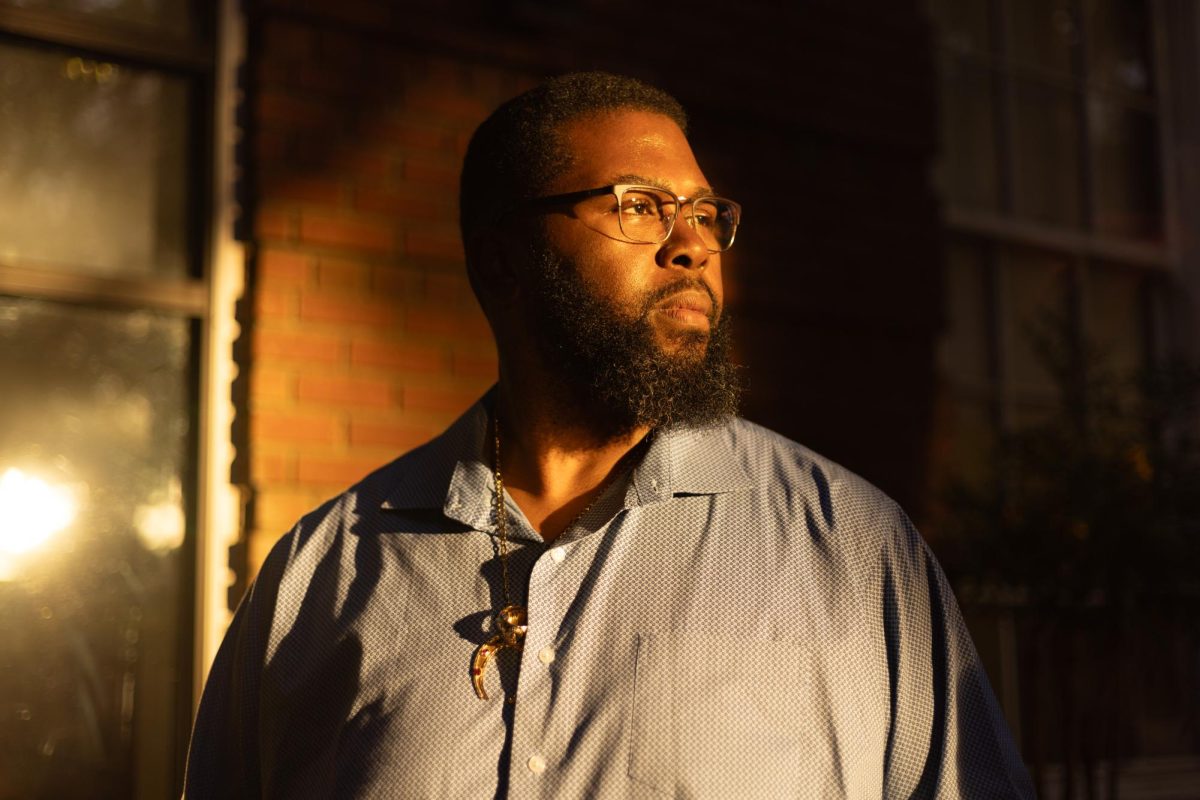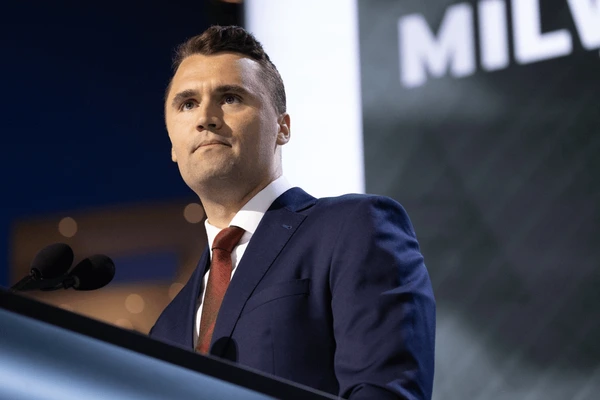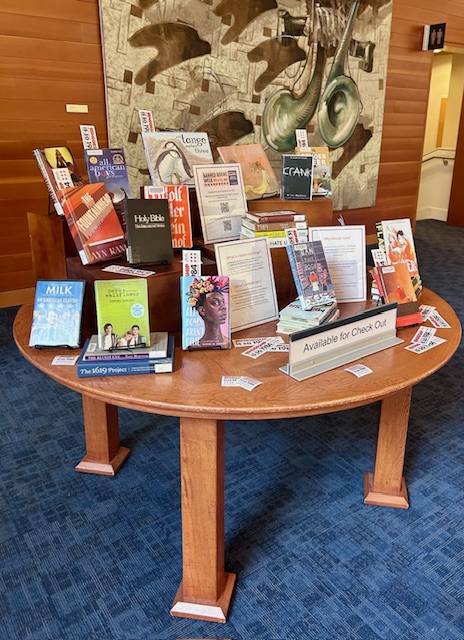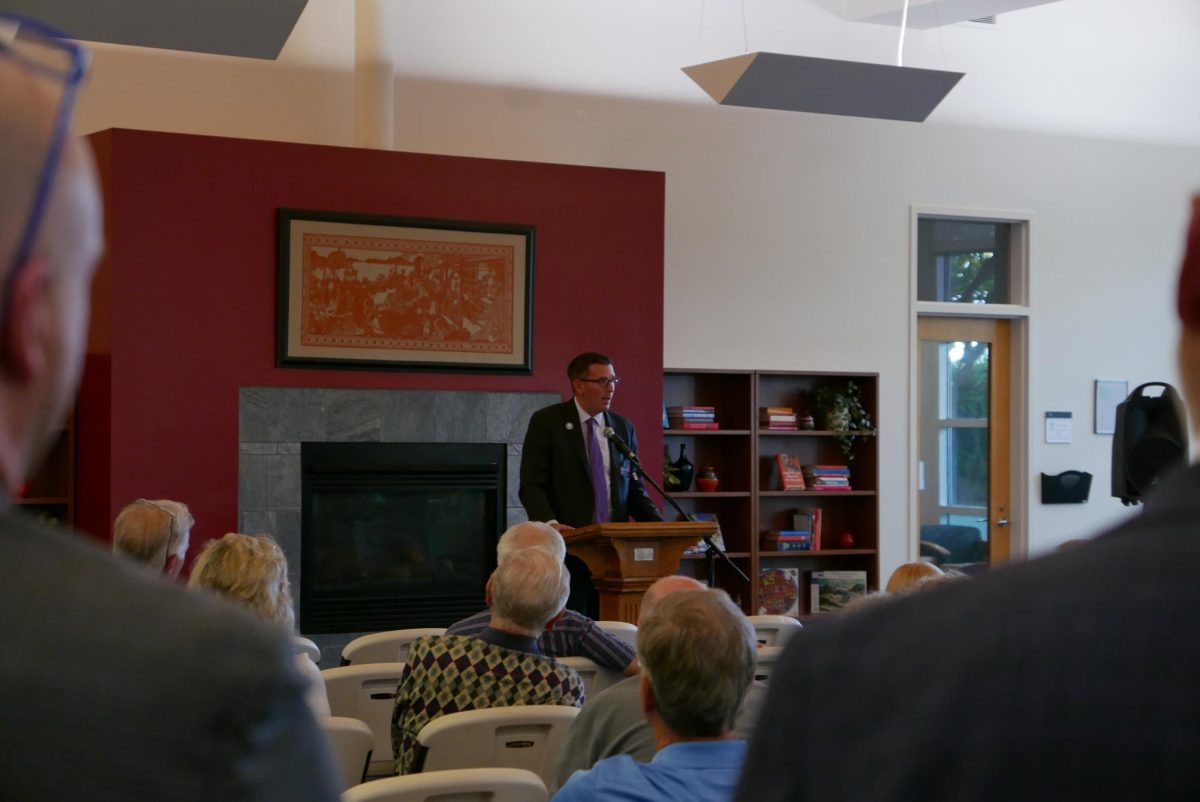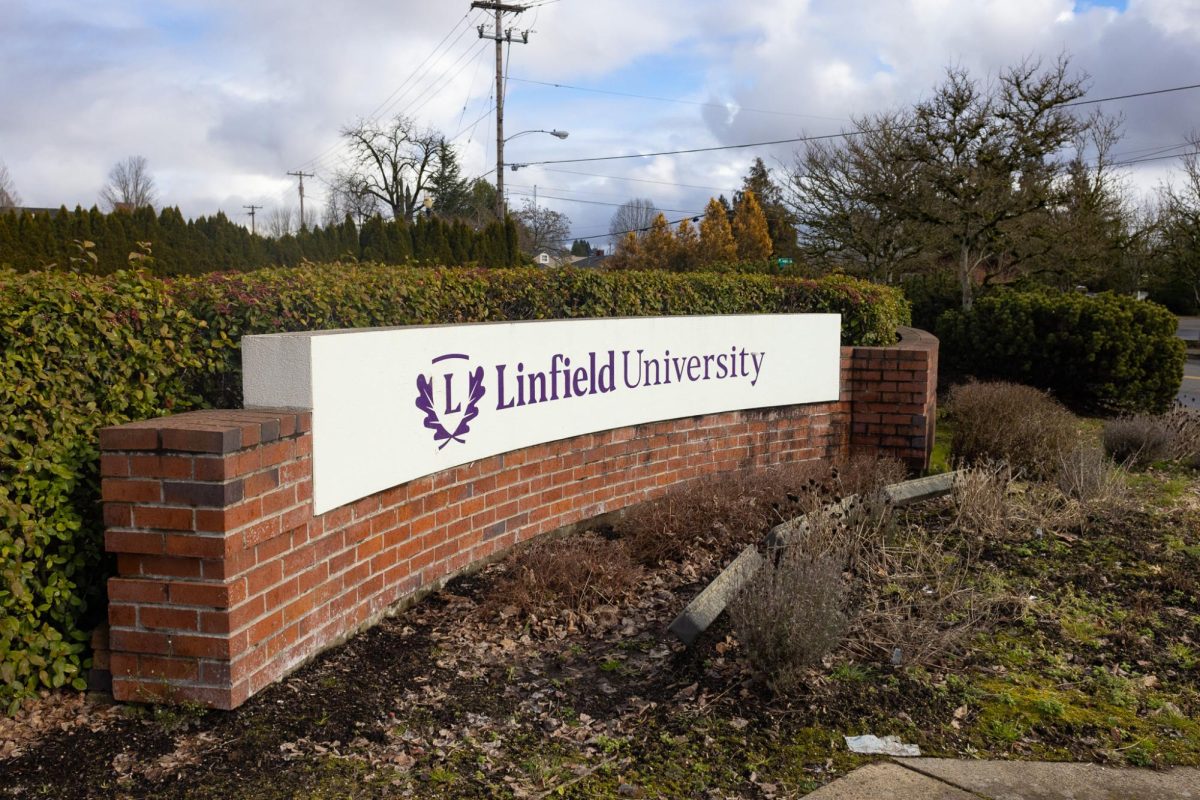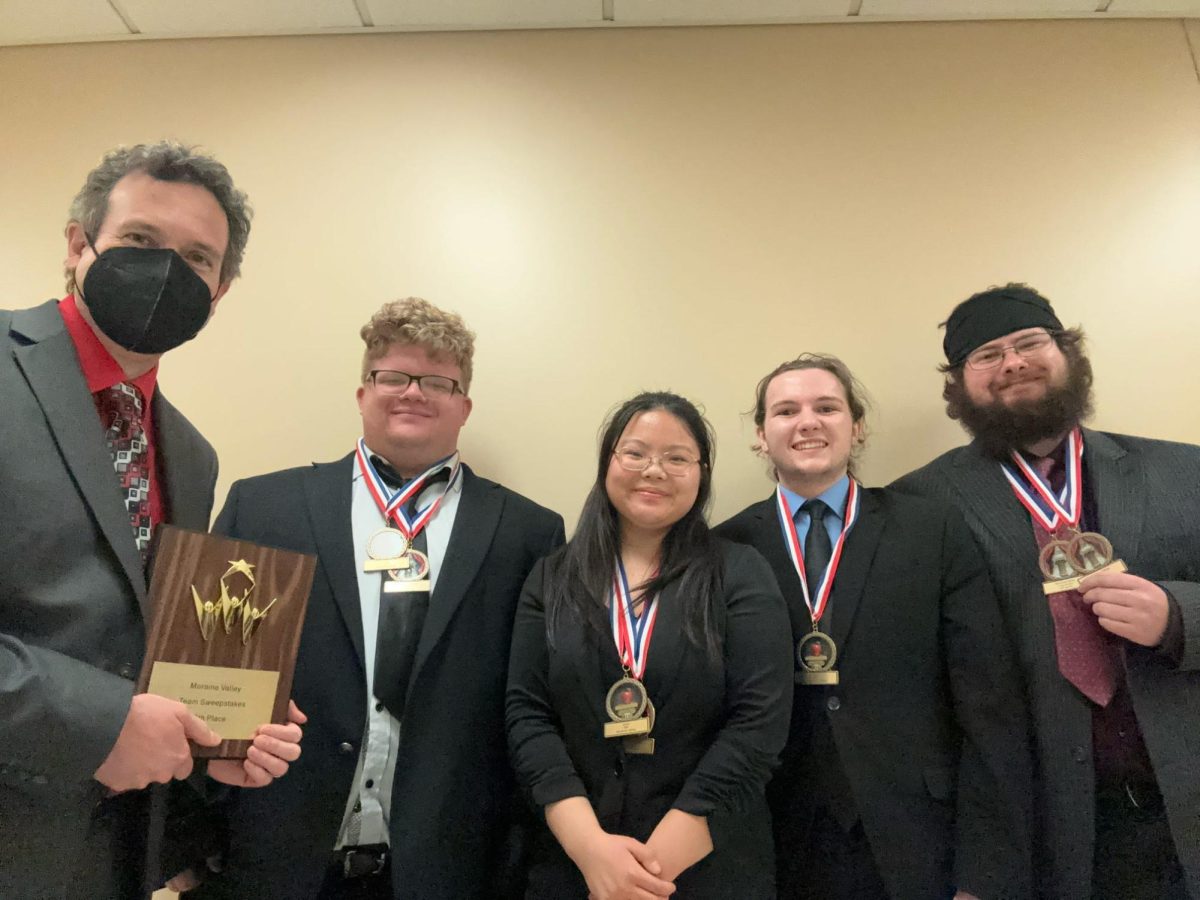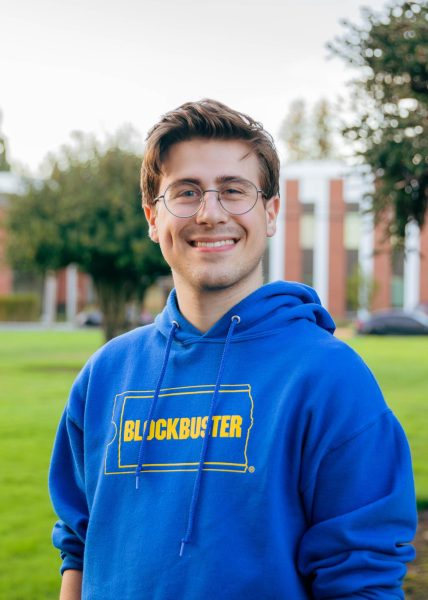Anthony Jack, the accomplished author of “Doubly Disadvantaged,” “Privileged Poor,” and “Class Dismissed,” visited Linfield University on Oct. 16 and 17. In his keynote on the first day, he spoke about his most recent book, “Class Dismissed,” which centers on how COVID exacerbated inequalities across affluent universities. Dr. Reshmi Dutt-Ballerstadt, English professor and director of Linfield’s critical ethnic studies program, organized Jack’s visit.
He explained how while colleges are unaware of these inequalities, they are still recruiting more low-income and marginalized students.
“Do colleges know how to support a diverse class, or just foot the financial aid bill for one?” Jack said in the talk.
In his book “Privileged Poor,” he says schools that close their dining halls during breaks create hardship for students who cannot afford to travel home or buy food outside of their meal plan. His book even influenced some universities, including Harvard, causing them to keep their dining halls open during breaks.
Next, Jack talked about how students’ socioeconomic classes affect the jobs they hold during college. He says students try to find jobs that feel familiar, especially if they already feel out of place.
“My first two jobs at Amherst…were student security, and cleaning up alumni gyms. They were familiar because it was exactly what my mom and my brother were doing in Miami,” said Jack. Jack’s mother was a security guard, and his brother was an elementary school janitor. “The pathway to secure on-campus jobs, those that provide both money and mentor, cash and counsel, are often hidden from students unfamiliar with the unwritten rules of college.”
Jack further explained how these unwritten rules make lower-income students feel uncomfortable, but higher-income students often feel at home.
Jack shared a story of a higher-income student he interviewed, saying, “Work for Meredith was a choice; one tied to long-term goals rather than present demands.”
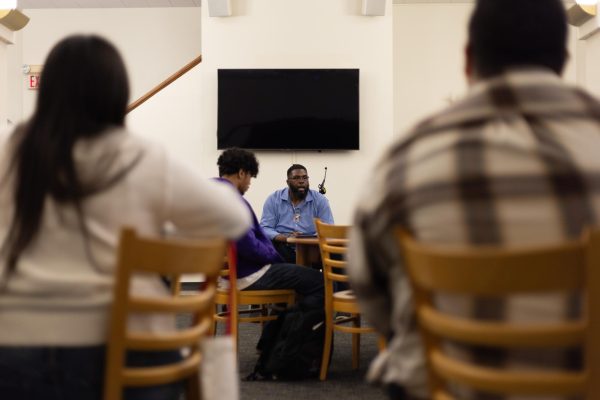
The student Jack interviewed had the resources to know what career she wanted, and the freedom to pursue it. Jack calls for every job to be advertised, facilitating equal access. Additionally, the coronavirus pandemic changed these jobs in very different ways. Menial jobs like cleaning and food service stopped when campuses shut down, but jobs like research and teaching assistant were more necessary than ever, Jack said.
“The students who needed to work, and needed to earn more money, were given less. Less support, less money, less security. And the students who needed less, at least financially, were given more. More hours, more money, more support.”
Similarly, higher-income students can work unpaid internships, but lower-income students typically can’t. Their unpaid labor usually involves helping their families, which isn’t as valued by potential employers.
Among the topics touched on during the conversation were fees, protests on campus and the role of faculty in the push for more inclusive universities. One student asked for Jack’s opinion on Linfield’s $400 matriculation fee, saying it wasn’t incorporated into their financial aid package. This fee is paid once a student is accepted into Linfield to ensure their commitment to the school.
About what can be done to better support students, Jack said universities should ask themselves:“If you can’t waive it in and of itself, how do you make it into either chunks or over time in a way that it isn’t as disruptive as a big 400-dollar one-time payment can easily be?”
“What are the lessons learned from history? When did we act too slowly, and when did we act too quickly?” Jack said, highlighting the historical prevalence of campus protests, adding that universities must not abandon precedent or progress.
When asked what faculty can do to support underprivileged students, Jack said, “Prying with sensitivity is always better than being seen as oblivious to the plight of students.”
This means checking in on students who are falling behind and allowing them to communicate and ask for help.
Many students who attended the event did so for class credit, but the talk was received mostly positively. One of Jack’s proposals was for job applications to include sections allowing people to share unpaid labor, such as helping their families.
“I liked what he said about jobs being more similar to college applications, allowing people to share things from their lives that wouldn’t go on a resume, I never would’ve thought of that,” said student Sophie Pappas.
He brought a new perspective to campus, which many attendees found valuable.
During his undergraduate days, Jack studied gender studies and religion at Amherst College, leading him to research and communication.
“I fell in love with studying major forces in people’s lives that fundamentally shape how they move through the world,” said Jack. “My research started with an ‘I’ statement,” explaining how his upbringing as a lower-income African American influenced him.
He later received a PhD in sociology from Harvard University and currently serves as the Inaugural Faculty Director and an Associate Professor at Boston University.

